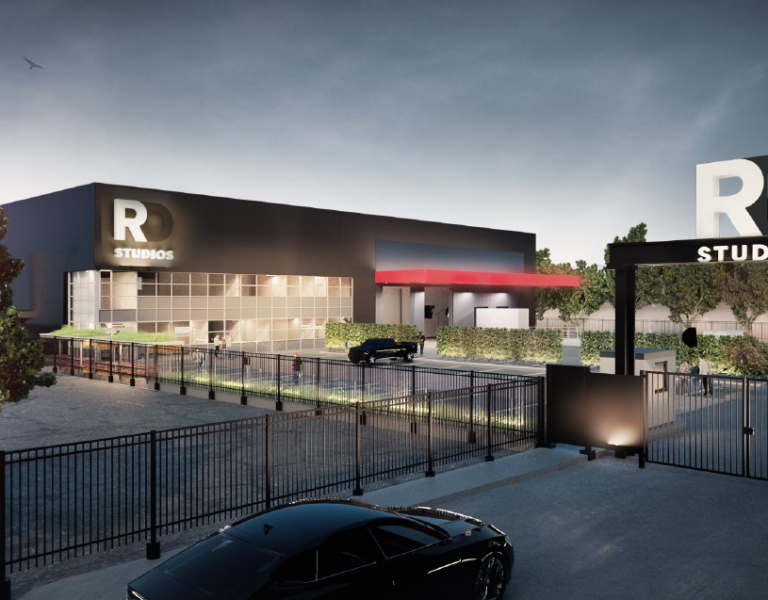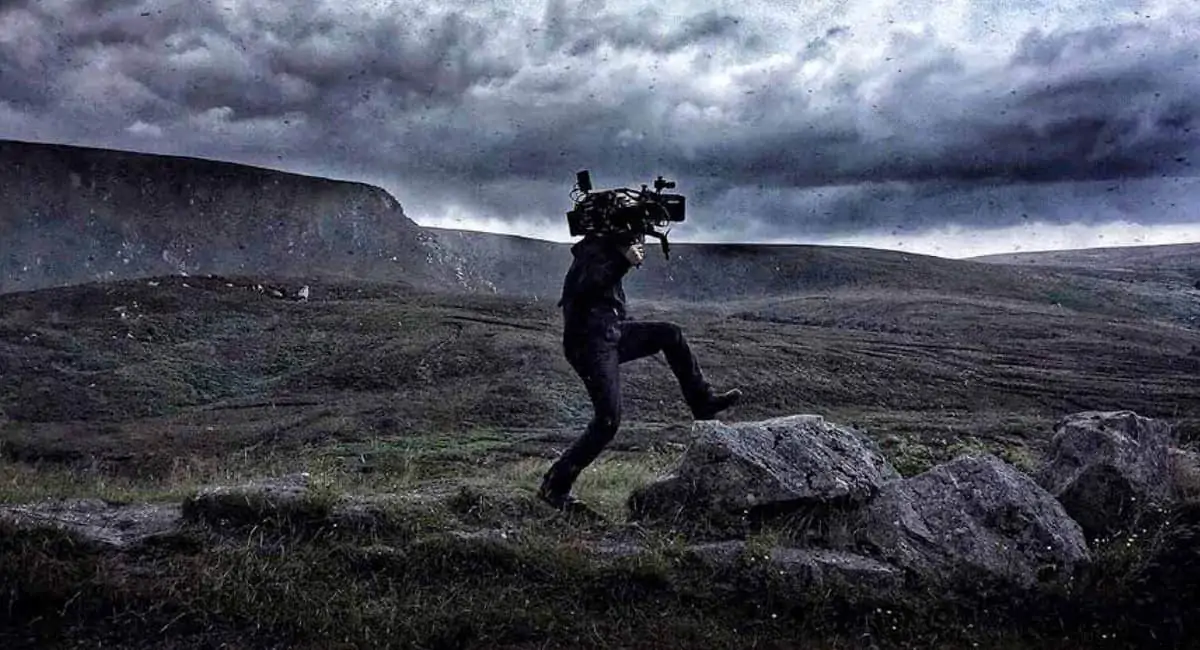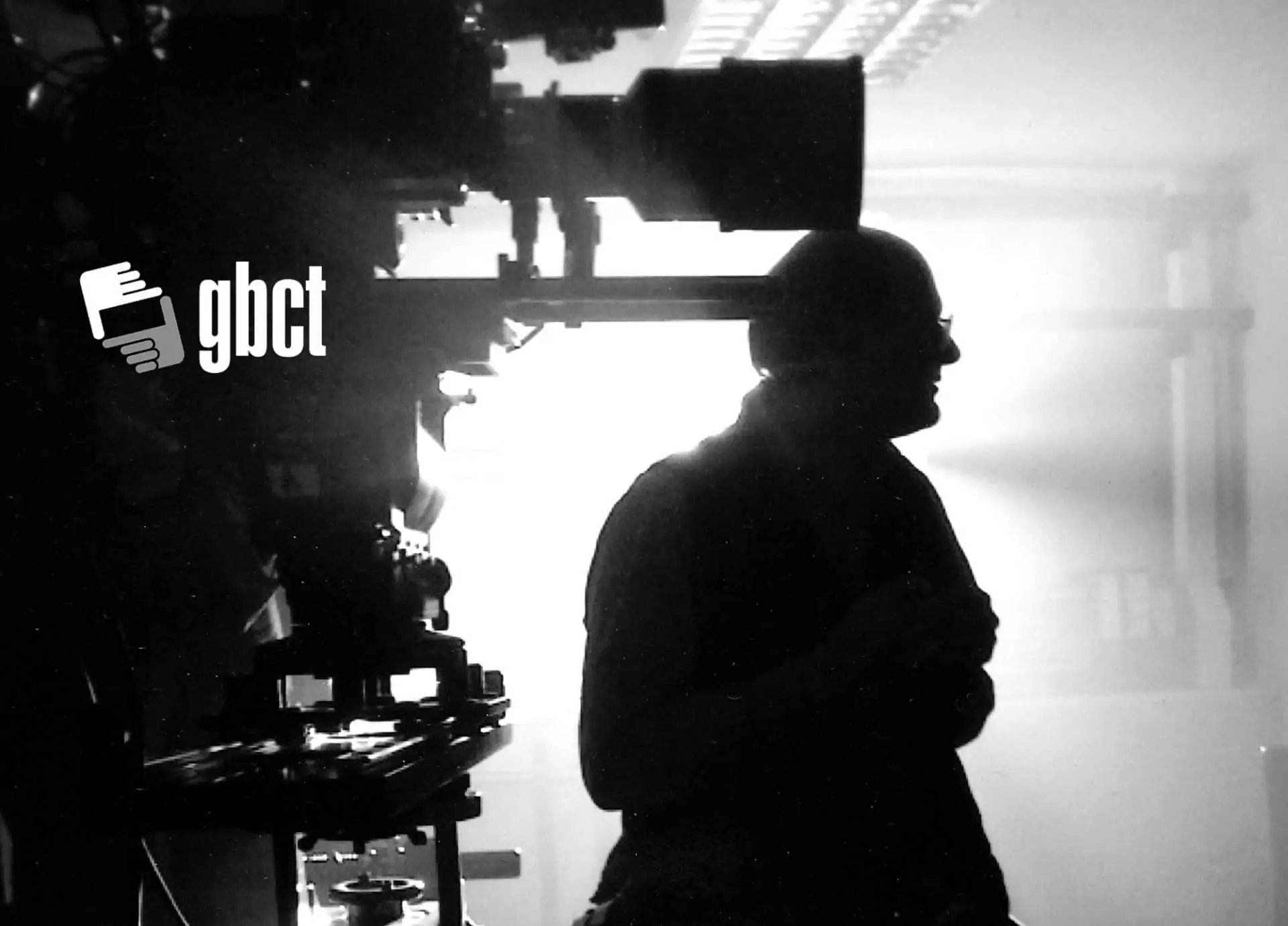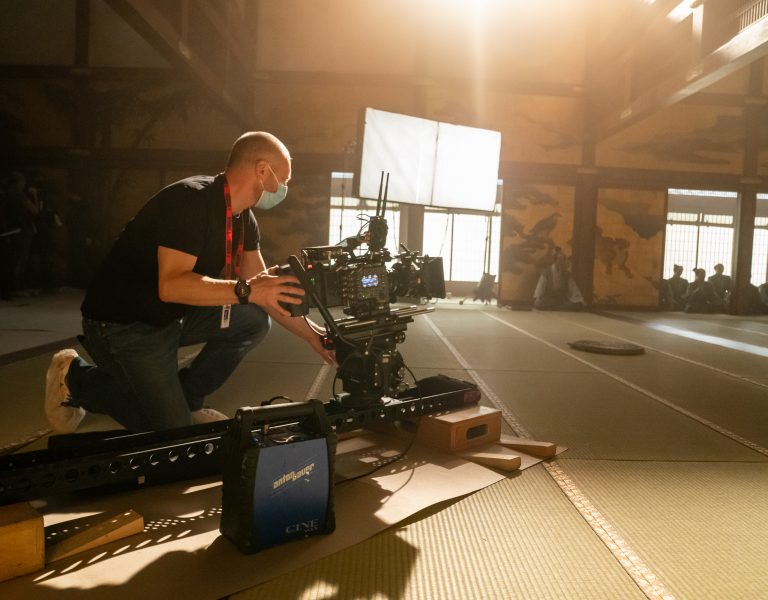From the comedy sector through to the highest quality television drama, our industry relies on technicians of such a quality that they can deliver feature film quality product on a much quicker schedule.
These quicker scheduled productions mean that the technicians have no time to be messed around by poor scheduling and underhand jiggery-pokery with their working conditions. There have always been productions that have been prepared to cut corners, but the cheating has begun to become systematic in recent years. The time that camera-folk, out of sheer professionalism, put in to be ready to work has been subverted into the contract and used for ‘work’ that it was never intended to cover. The time put in to travel for the purposes of work is not being recompensed in any meaningful way. Clawbacks are being used to deprive crews of the rest they need after nightwork. These are just a few of the things that have been riling the workforce over recent years. The atmosphere on set has turned for the worse. It is now time to address these problems. Complacent kicking-down-the-road is now an active part of the problem.
Of course, efforts have been made to come to more acceptable terms that can be enforced. These have proved fruitless. With no meaningful movement towards a better working life, it will be down to the technicians themselves to insist on and enforce the working life that they aspire to. The collectively bargained agreement is now under notice. It was failing because productions were eroding the conditions that worked and distorting others to the point that they no longer complied with the original terms. It will not be a happy day when technicians have to refuse work with those productions that are not prepared to conduct business in a fair and reasonable manner. By the autumn it may have come to this pretty pass, but hopefully better counsel will prevail, and a new agreement can be negotiated.
This situation has been exacerbated by inflation, which has gradually eroded the value of our work over the past three decades. A slow attrition that in hindsight feels like a mugging. A very slow, genteel mugging that we have been complicit in accepting but a mugging none the less. We were complacent in allowing the aftermath of the lucrative years of ITV to stagnate in the wake of drama going out into the independent sector. We allowed the outpouring of staff from the broadcasters to distort the market. We allowed the use of ‘box’ money as a substitute to real pay advancement and did nothing when it was abruptly and unilaterally withdrawn. In the last decade we have lifted our heads out of the slough, but the damage is done, and it will be hard to work our way back. The gap between where rates are and where they should be if they had kept pace with inflation is still at a level of 32% behind the curve. The increase in budgets caused by the introduction of tax incentives for high-end television dramas and the enormous increase in demand for dramatic content has made an opening for the redressing of this historic imbalance. We now have the unique opportunity to get our industry onto a track that better reflects the value of its incredibly talented workforce and will deliver a better work-life balance.










